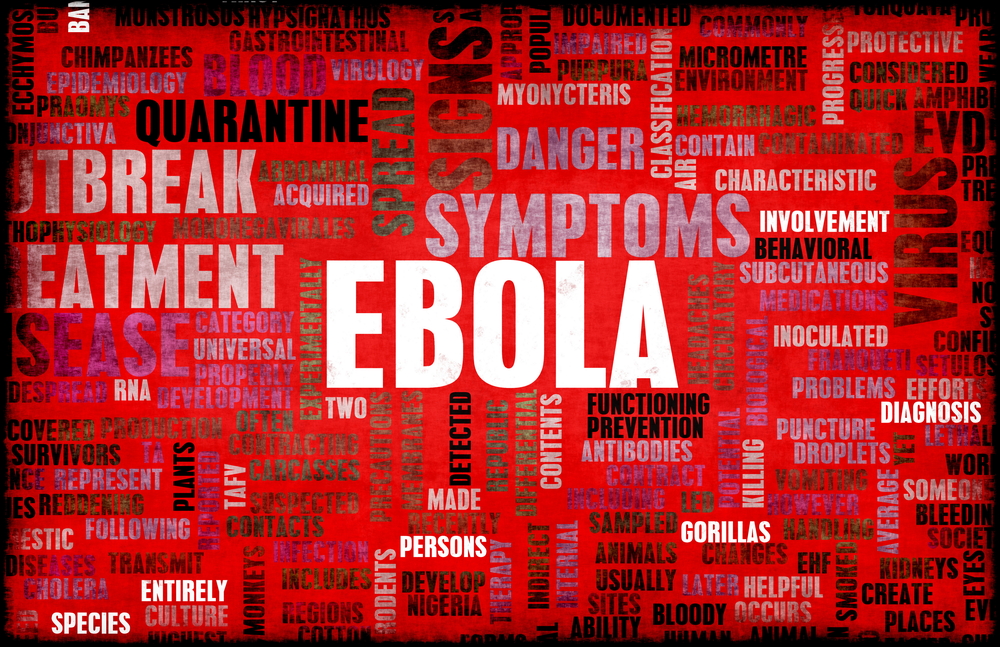
U.S. Health and Human Services Secretary Alex Azar co-hosted Wednesday the “Meeting of Regional Ministers of Health on Ebola Preparedness and Response” during the 74th United Nations General Assembly.
Foremost on the ministers’ minds were the Democratic Republic of Congo (DRC) and the coordinated response to the Ebola outbreak within its borders. Participating in the meeting were DRC President Felix Tshisekedi, DRC Minister of Health Eteni Longondo, DRC Technical Secretary of the Multi-Sectoral Committee for the Response to Ebola Jean-Jacques Muyembe, and World Health Organization (WHO) Director-General Tedros Adhanom Ghebreyesus. The meeting was also attended by Ministers of Health from DRC’s neighbors in Uganda, Republic of the Congo and Rwanda, as well as senior officials from South Sudan, the U.N., the World Bank, the United Kingdom, and the European Commission.
The participants agreed on the importance of a coordinated, international response to stop the ongoing Ebola outbreak in its tracks and to prevent similar outbreaks in the future. To date, more than 3,000 cases of Ebola have been reported amid the outbreak. More than 2,000 people have been killed by it.
“This outbreak cannot be stopped without close and committed cooperation among all stakeholders: the nations in the region, partner nations from around the world, the U.N. and the WHO, and nongovernmental partners like NGOs, faith communities, and industry,” Azar said.
Throughout their meeting, officials discussed multiple aspects of the ongoing outbreak, including the insecure environment impeding response efforts; preparedness activities; current challenges and successes; opportunities for partnership to enhance preparedness; and closing national and regional preparedness gaps, among other attempts at containment. They recognized that regional insecurity has made matters more complicated, especially with attacks on Ebola response personnel. They called for an end to violence and agreed to enhance existing preparedness and response measures, along with strengthening information sharing about Ebola within the region and among their respective countries.
“We have many nations represented here today because diseases like Ebola know no borders,” Azar said. “But, with cooperation like we had here today, and when we focus organizations like the WHO and the U.N. on these infectious threats, we can have real success in containing diseases and saving lives. Together, we still stop this Ebola outbreak, work with the DRC to strengthen their health system, and build a stronger foundation for preventing such outbreaks in the future.”




